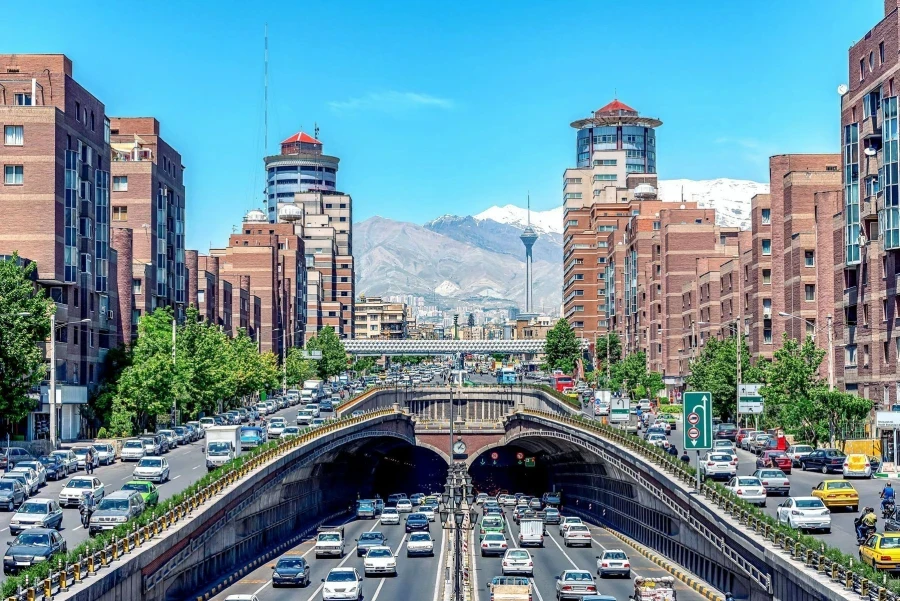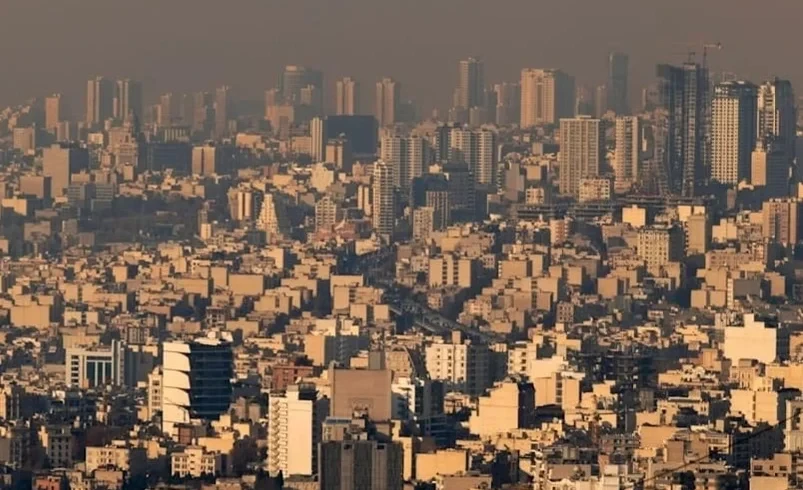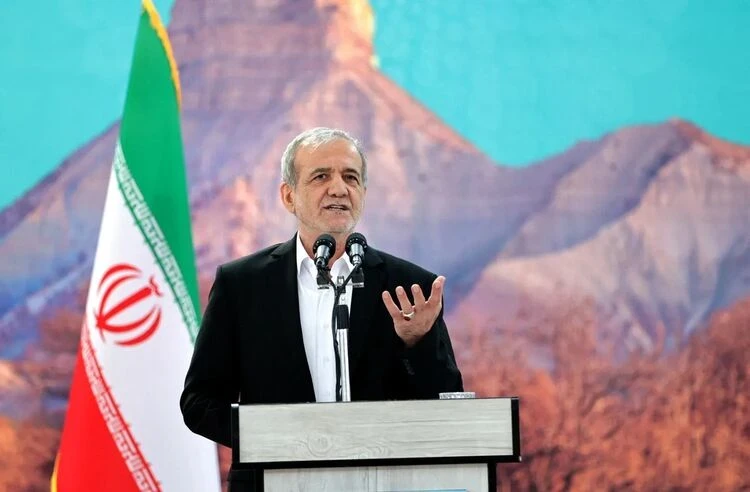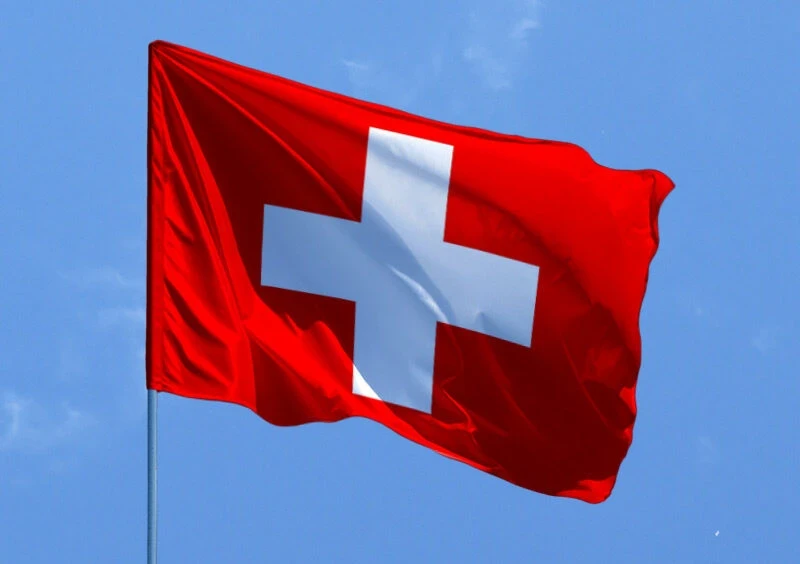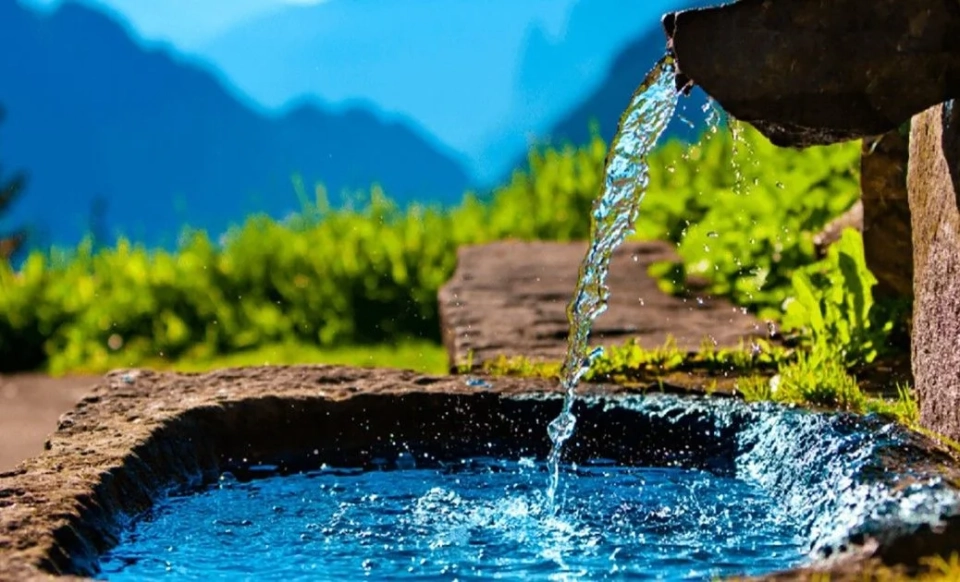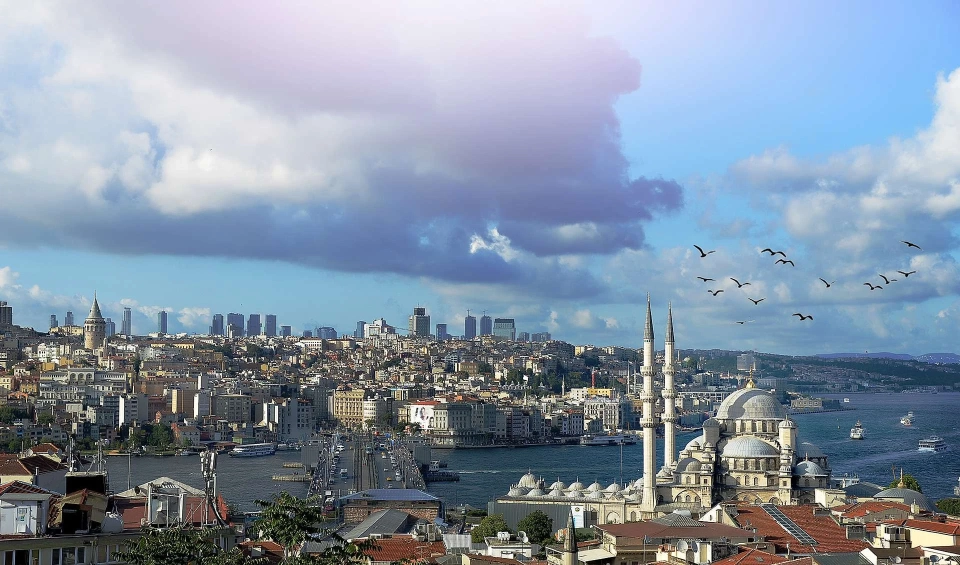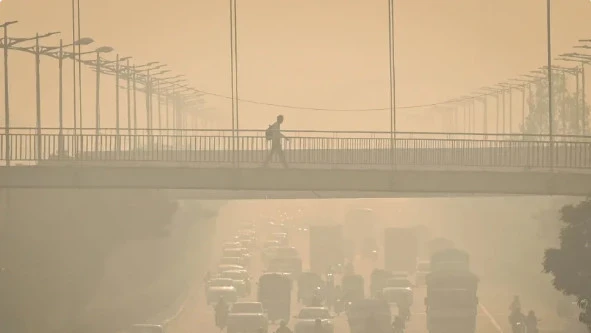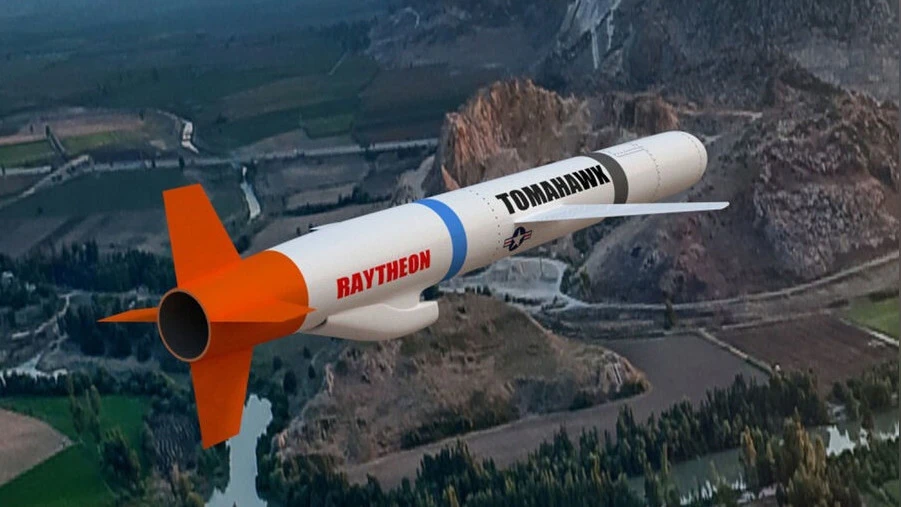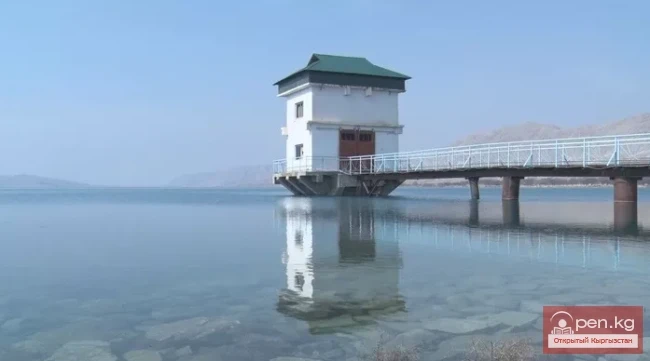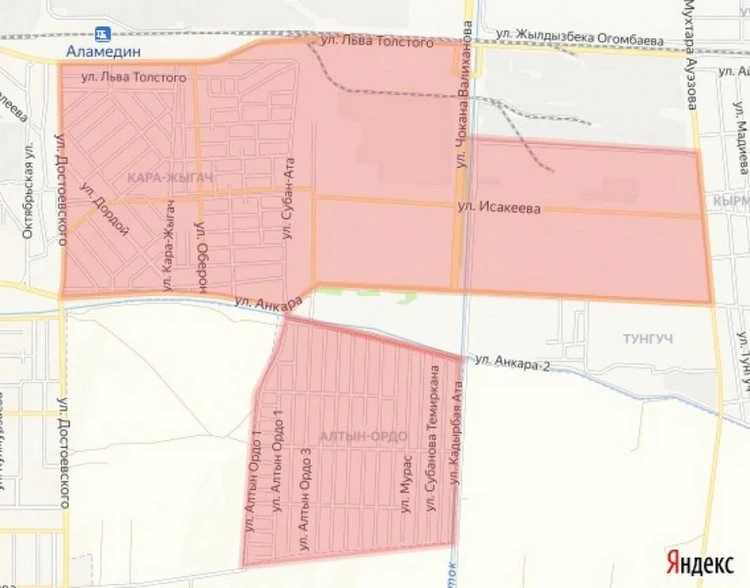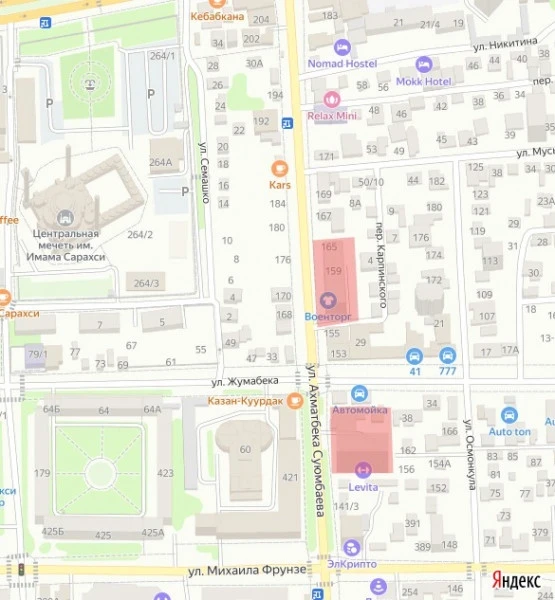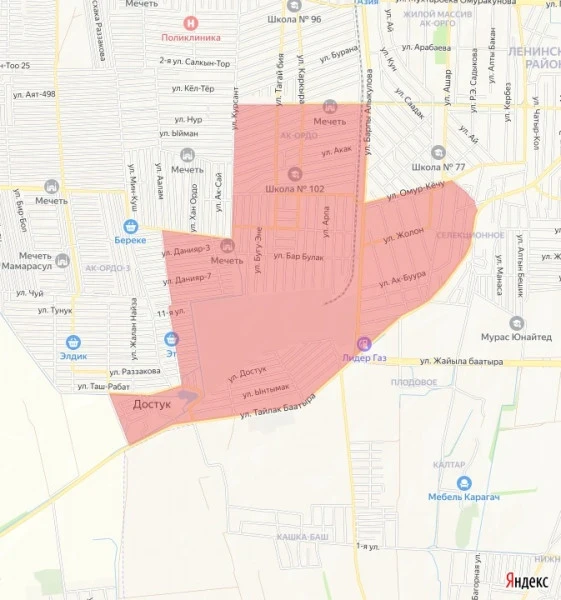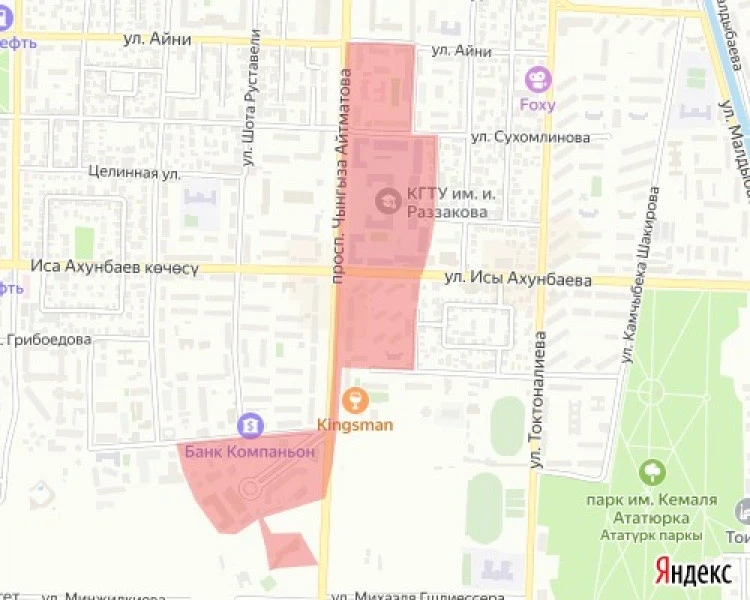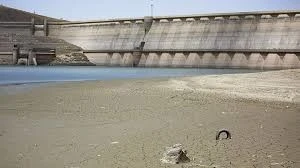
In Iran, especially in Tehran, the situation with water resources has reached a critical point. Last Sunday, authorities announced the introduction of a water rationing regime during nighttime to fill reservoirs.
The water shortage is so severe that the government is considering the possibility of evacuating the 10-million-strong city of Tehran if it does not rain soon. According to Iranian leader Masoud Pezeshkian, the possibility of relocating the capital to the shores of the Persian Gulf is also being discussed.
The capital region is home to more than five major dams, which are critical for providing drinking water; all of them are in emergency condition. The Water Management Authority has warned that reservoir levels have reached historically low levels in the last hundred years.
The cause of this has been years of drought. The summer months of this year brought one of the hottest spells in the last 60 years, which also led to widespread power outages.
Authorities have calculated that if the population of Tehran immediately reduces water consumption by 20%, it may be possible to stabilize the situation, although many experts believe that at this stage, preventing a disaster is already impossible.
According to a group of scientists from Montreal, the crisis in Iran has anthropogenic roots, caused by irrational water resource management and unjustified dam construction. The heat and drought have only exacerbated the already difficult situation.
